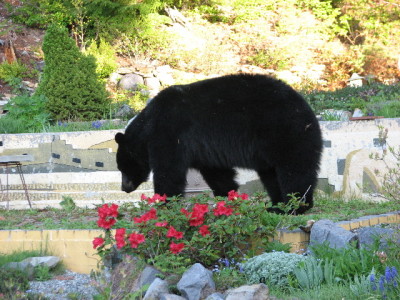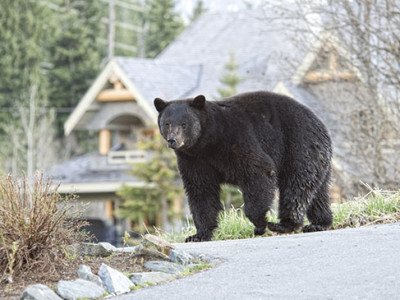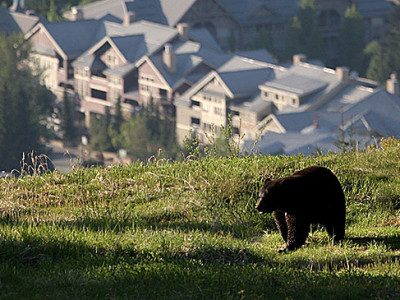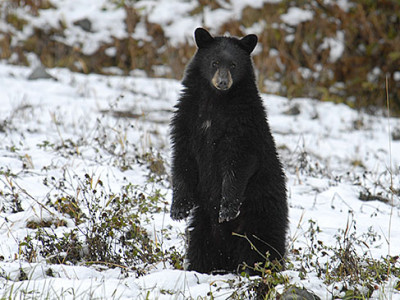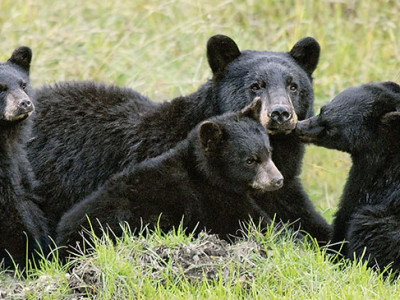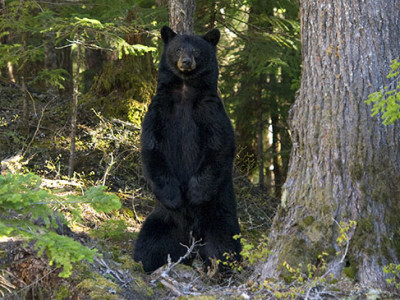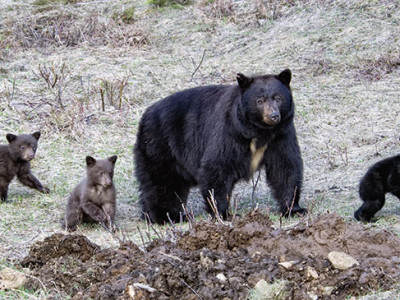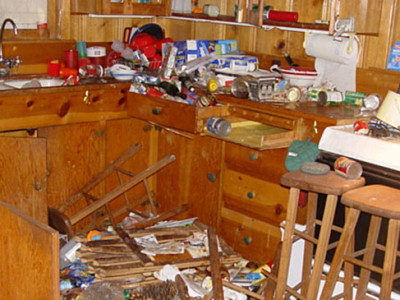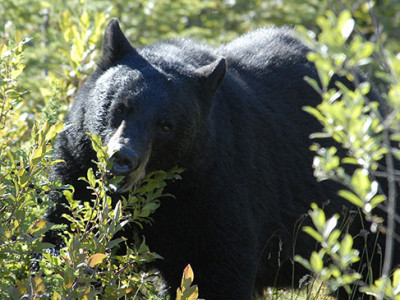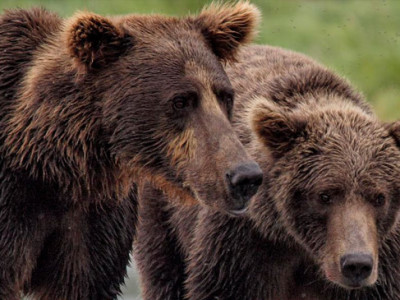Bears: Gauging the Need for Community Education Programs
What would you do if you encountered a bear? Chances are that your response is quite different depending upon where you live.... Read More
What to do if you meet a bear at home
Bears don’t always cooperate. Despite our best efforts to bear-proof our homes, businesses, and communities, sometimes they show up anyways. Here’s what... Read More
Bears that are no longer wary of us
This articles talks about why bears sometimes just don't seem to fear us. And why should they?
Hyper What?
With snow dusting the mountain tops and temperatures dipping down to the single digits, the chill in the air is signifying winter is just around the corner...
How Dangerous Are Bears?
Most interactions between bears involve considerable tolerance and restraint. They usually display the same tolerance towards people...
15 Myths About Bears You Shouldn’t Believe
Bears, not surprisingly, are the subject of many myths and hearsays and have become the victims of public policies harmful or out-right deadly to them...
I wanna be a bear
An amusing peom to lighten your day!
Help! There’s a Bear in my Kitchen!
Unfortunately this has been the case lately in Whistler. Sadly this has resulted in two bears being killed since Thanksgiving weekend.
Surviving Without Food
With fall officially upon us the bruin world is starting to prepare for their long slumber ahead. At this time of year, bears are feeding up to 20 hours a day to stock up on their own fat reserves.
Bears May Hold Secrets to Medical Mysteries
Bears have a unique physiology. Some of those different characteristics bears possess may help scientists discover medical benefits for people.

